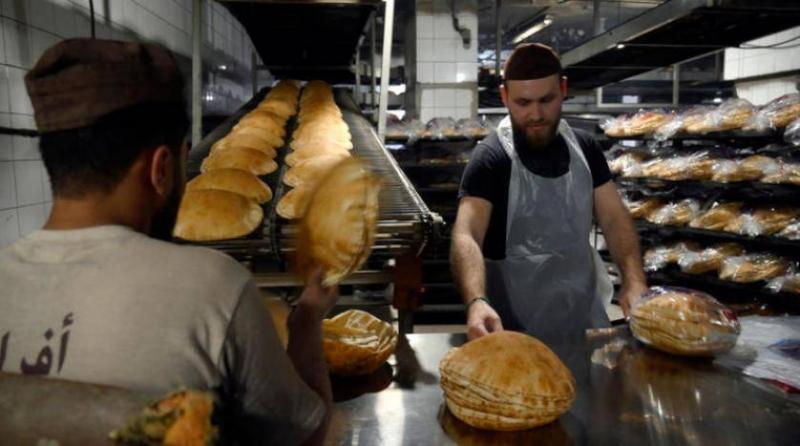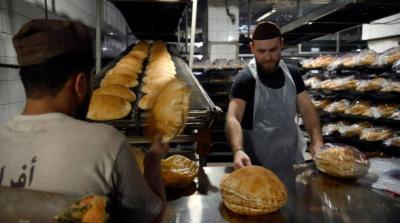"In line... Laura... there's no more..." These phrases are sadly heard today outside bakeries or stores selling bread. The essential component of human life has become restricted in Lebanon... or can today be replaced with "French bread or baguette": jokes we use to cover the bitterness of the crisis; however, in reality, this is the "tragicomic" situation in a country where citizens beg for a piece of bread not only due to a lack of money but also because of a shortage of flour. Of course, the state has a role in controlling the "borders," which have become a source of smuggling to the neighbor rather than the enemy.
In this context, retired Colonel Dr. Mohamed Ramal explains to "Akhbar Al-Youm" that smuggling across borders arises due to price discrepancies of smuggled goods between the two countries, with the primary reason being the illegal crossings that previously allowed the smuggling of fuel, now extending to the smuggling of bread. Consequently, this requires a plan from the Ministry of Economy to regulate flour distribution and bread production, and the phenomenon of smuggling also necessitates enhanced security measures at the borders.
He adds that the Lebanese market is in crisis due to these two points, confirming that this matter falls under the responsibility of the Lebanese authorities. He states: Controlling illegal borders is currently a different matter and will not be completely managed due to economic conditions that weaken security forces in terms of manpower, while the financial situation of military institutions has negatively impacted the readiness of these forces to carry out their tasks fully.
In another context, Ramal indicates that both Syrian and Lebanese individuals benefit from the security laxity today, as ultimately the issue is commercial and unrelated to the identity of the beneficiary. He concludes: However, there is no doubt that the Syrian displacement constitutes an additional pressure on local bread consumption, leading to an additional shortage of both bread and flour due to the inability to meet the needs of the large population.




